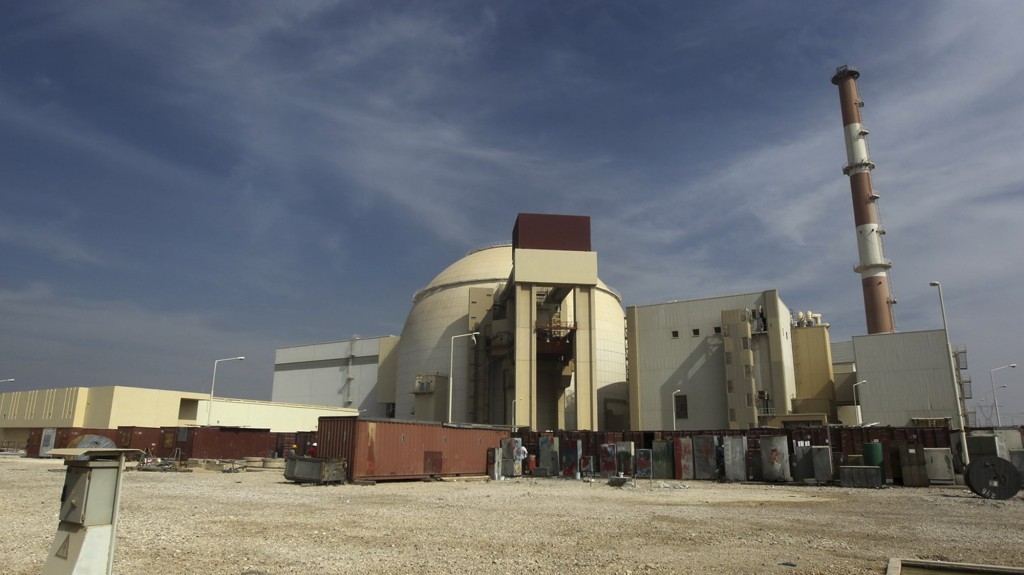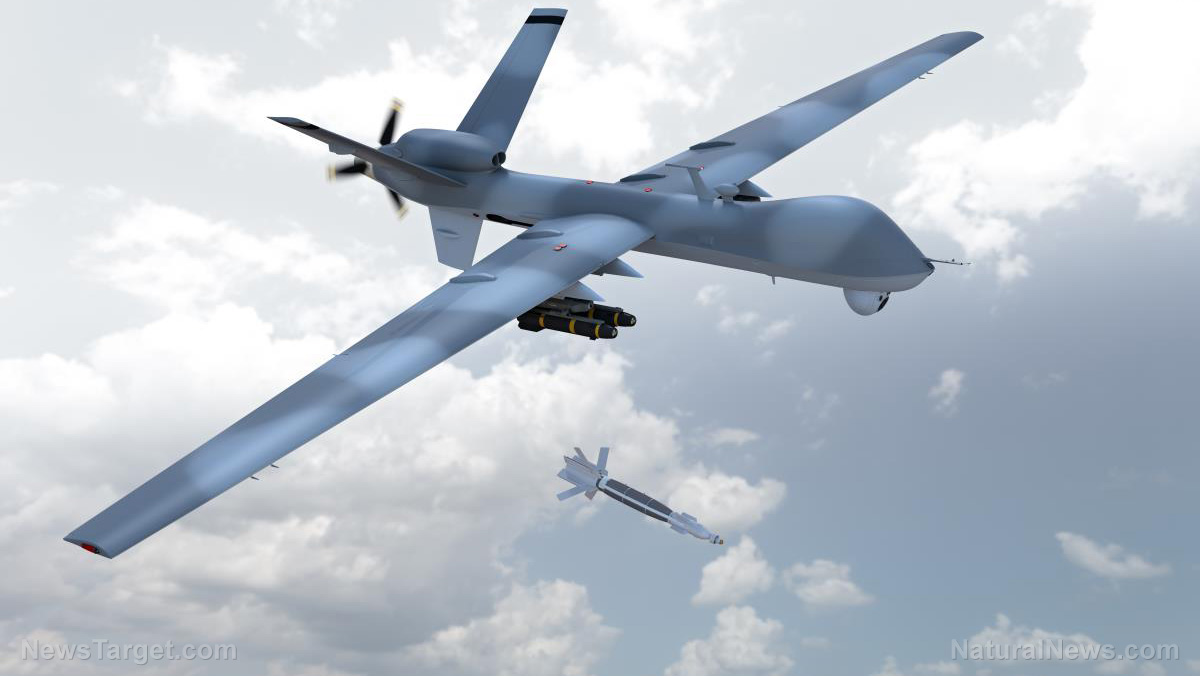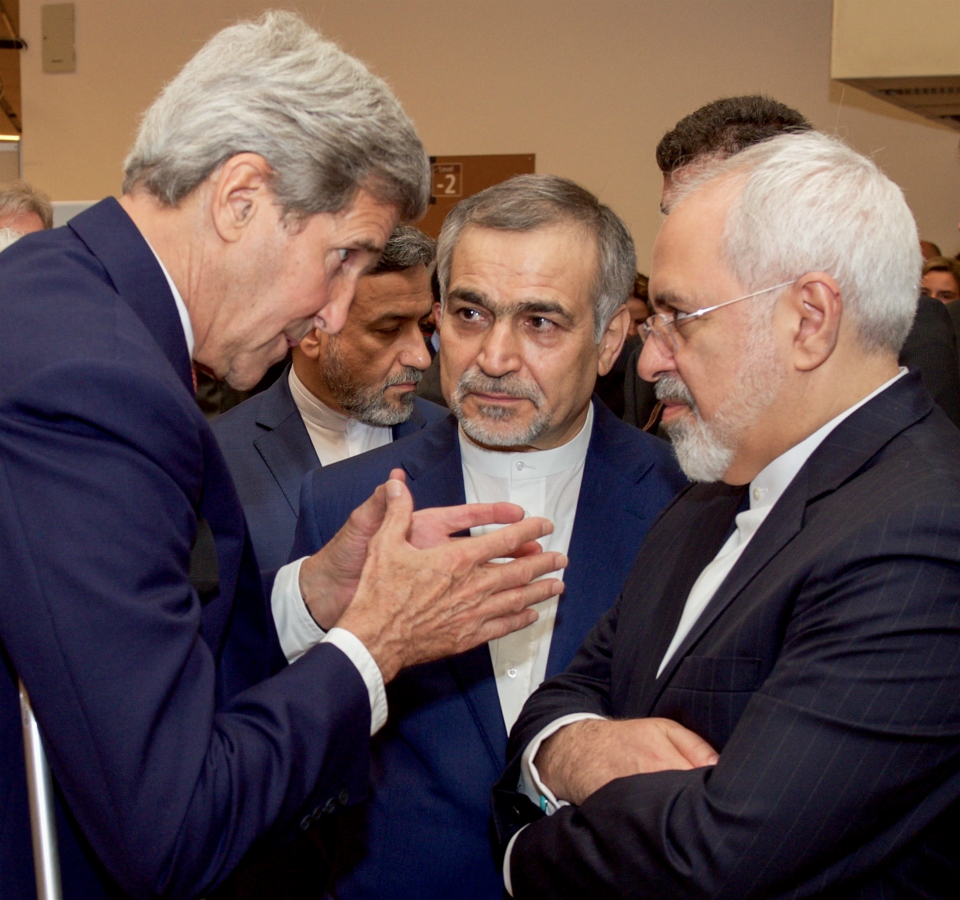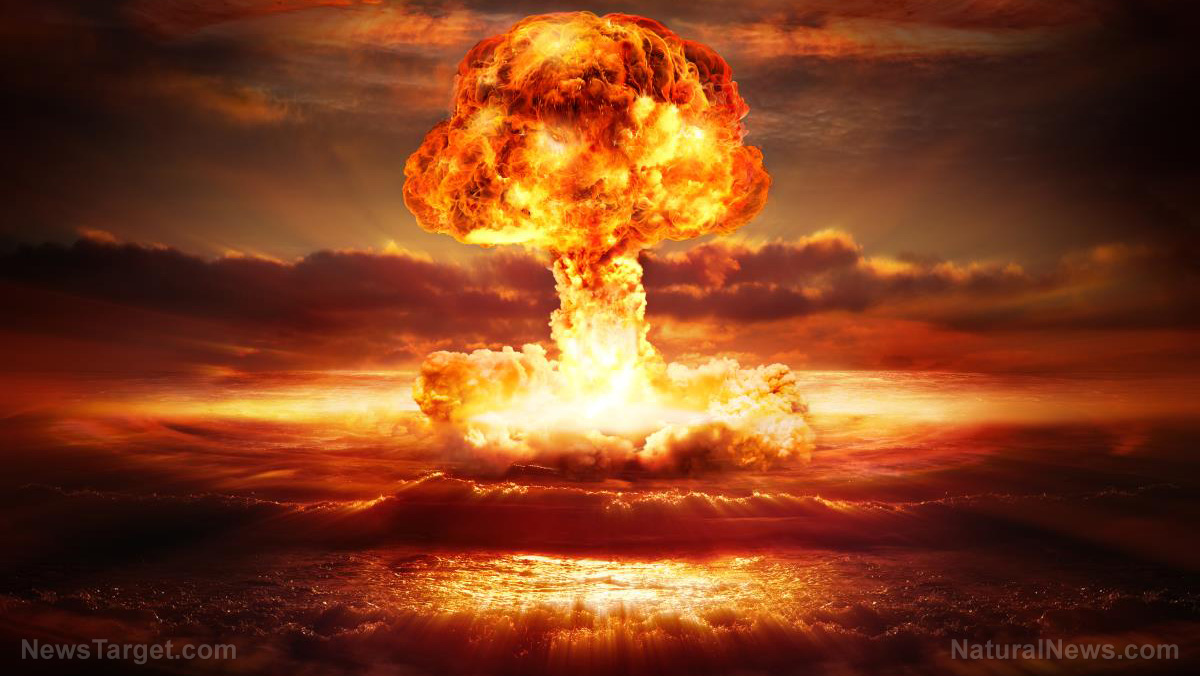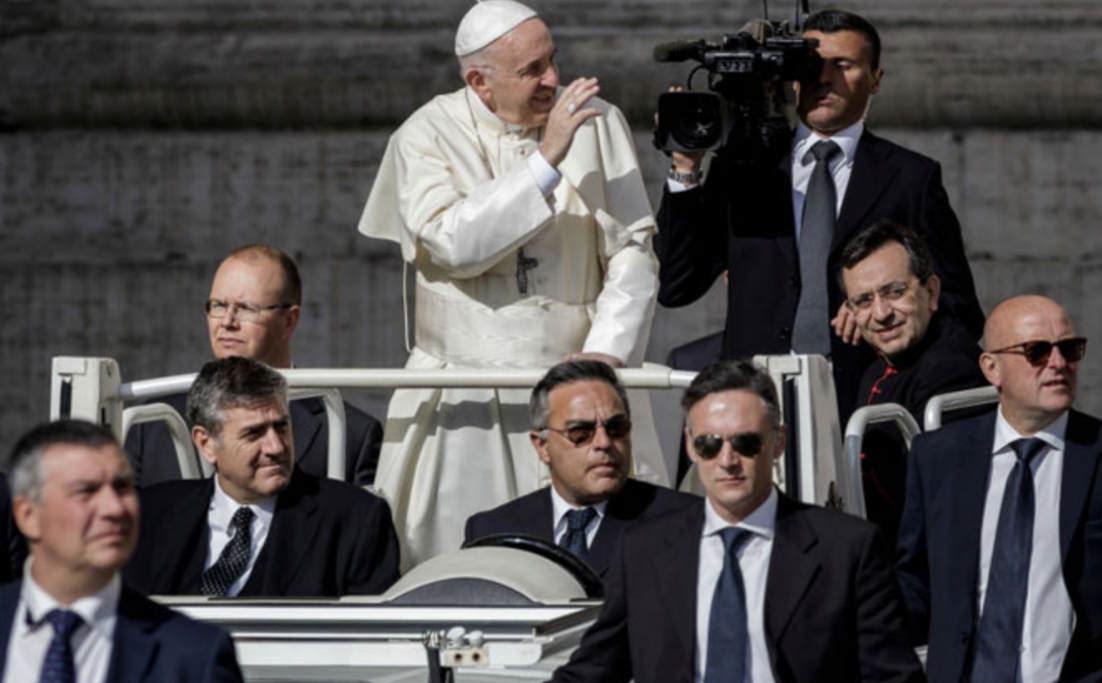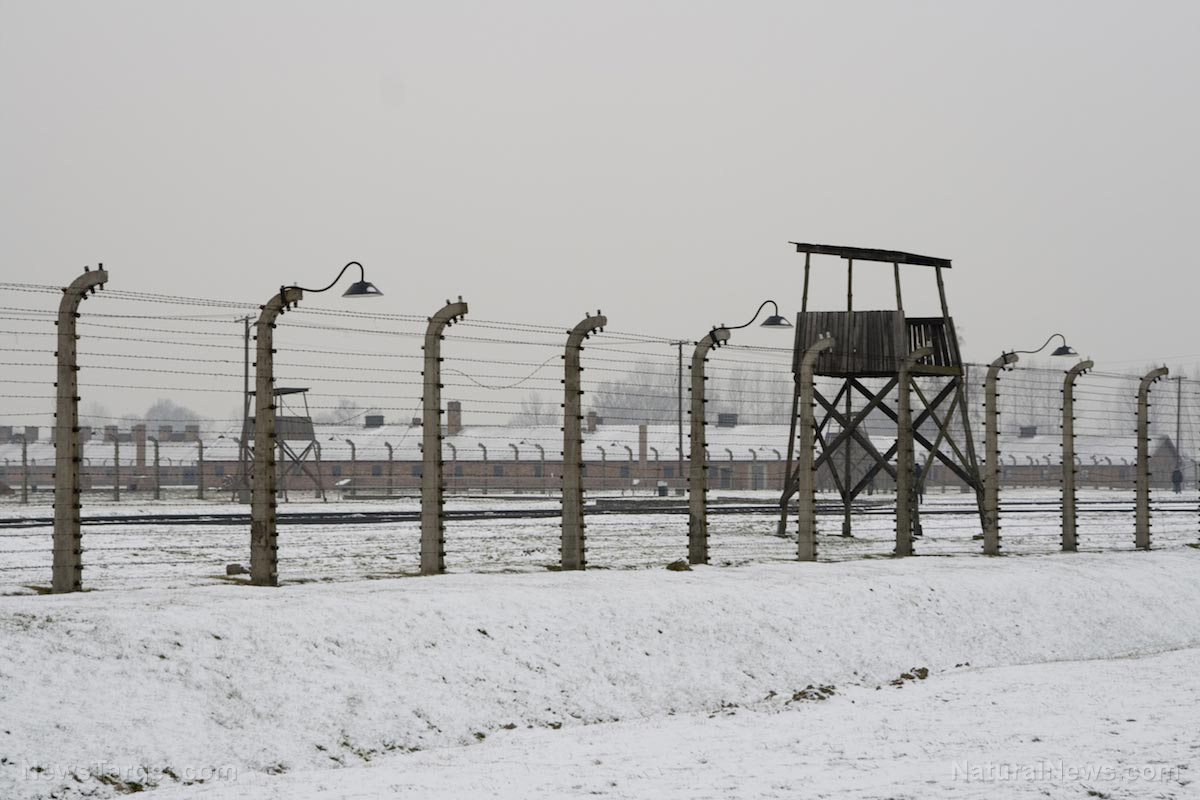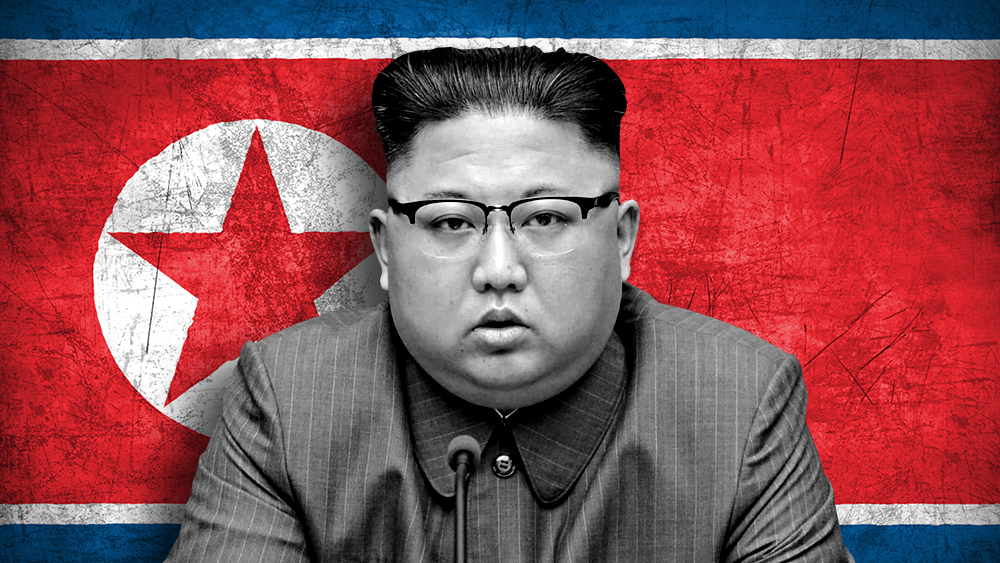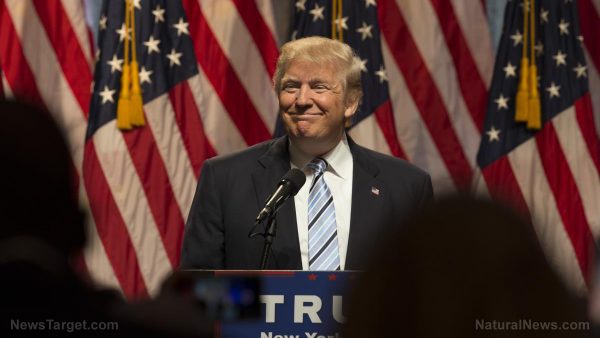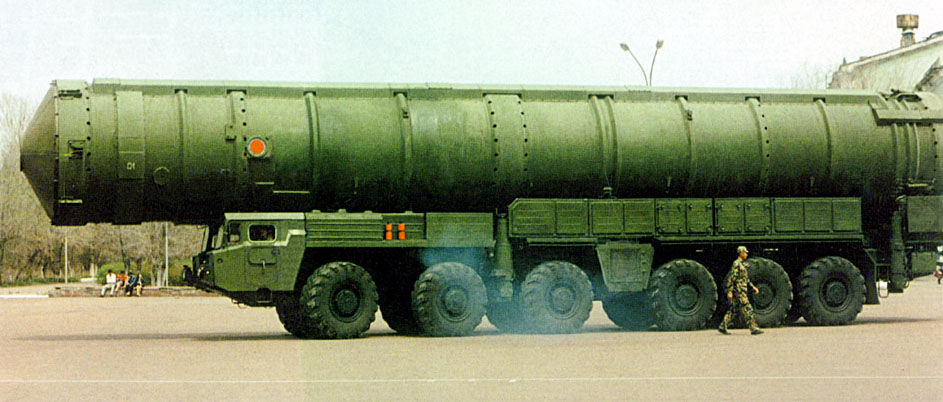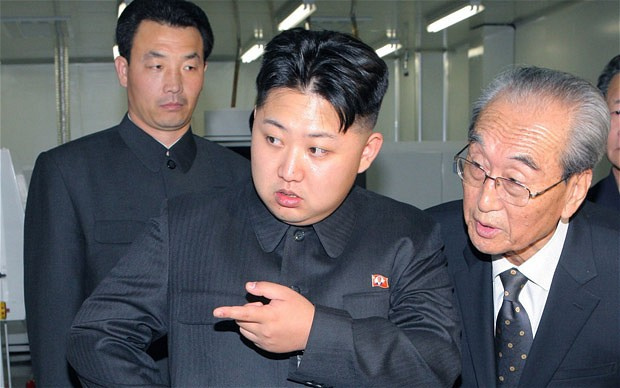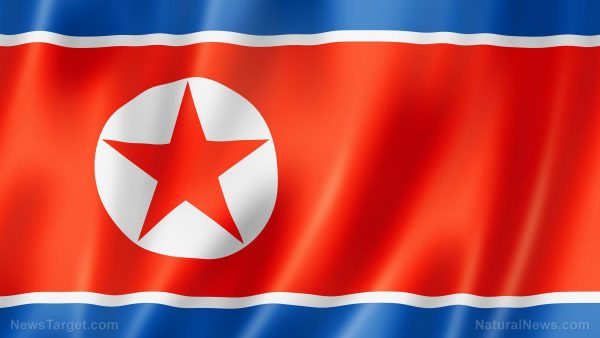The secretive, Stalinist state of North Korea remains an enigma, wrapped in a question, surrounded by a riddle. The behavior of its quirky, but dangerous, young leader is as unpredictable as Midwest weatherman.
In fact, normal diplomatic and foreign policy rules of engagement and behavior don’t seem to matter much in the hermit state.
For instance, as reported by The Wall Street Journal, just days before North Korea conducted its latest nuclear weapons test the Obama administration had secretly agreed to try to end, formally, the Korean War, dropping a long-standing prerequisite that Pyongyang end its nuclear weapons program.
Rather, the U.S. just called for the atomic program to be part of any talks. However, North Korea declined the counter-proposal, U.S. officials familiar with the outreach told the WSJ. Then, on Jan. 6, after the nuclear test, that ended any further discussions.
As reported further by the WSJ:
The episode, in an exchange at the United Nations, was one of several unsuccessful attempts that American officials say they made to discuss denuclearization with North Korea during President Barack Obama’s second term while also negotiating with Iran over its nuclear program.
A few days ago the State Department admitted to the U.S. exchange with North Korea, but noted it occurred in accordance with longstanding U.S. objectives.
“To be clear, it was the North Koreans who proposed discussing a peace treaty. We carefully considered their proposal, and made clear that denuclearization had to be part of any such discussion,” said spokesman John Kirby, adding the North rejected it. “Our response to the North Korean proposal was consistent with our longstanding focus on denuclearization.”
Obama has said the Iran deal should be a signal to North Korea that he is open to have similar dialogue with North Korean leader Kim Jong Un. However, the White House believes that North Korea is far less transparent and more uncooperative, though Iran has diplomatically thumbed its nose at the Obama administration since supposedly agreeing to a deal on ending its nuclear program, as highlighted recently by the capture of 10 U.S. sailors.
Since taking the reins of power at the end of 2011, Kim has increased demands for a peace treaty, to formally bring an end to the Korean War 63 years after it was ended without the signing of a formal armistice. It’s technically the longest-running war in modern history and the North-South Korean border is the most heavily defended on the planet.
However, the WSJ noted that a number of foreign policy analysts see Kim’s demands as little more than an effort to get U.S. troops based in South Korea out of the country. Washington has insisted that denuclearization be part of any negotiation but despite dropping the precondition that the North first take steps to show a willingness to drop the nuclear program, Pyongyang remains uninterested.
“For North Korea, winning a peace treaty is the center of the U.S. relationship,” Go Myung-hyun, an expert on North Korea at the Asan Institute for Policy Studies, a Seoul-based think tank, told the paper. “It feels nuclear development gives it a bigger edge to do so.”
The U.S. is also taking steps seen as belligerent by the North, such as increasing military readiness training with South Korea.
Also, as reported by NationalSecurity.news, the Pentagon has opened discussions with South Korea about placing missile defense batteries south of the militarized 38th Parallel, following the launch by North Korea of a satellite that was believed to have been a ballistic missile test.
The North has also been steadily bolstering its ballistic missile capabilities, U.S. analysts believe, as a way to deliver nuclear weapons.
A recent report to Congress “concludes that North Korea’s intercontinental ballistic missile technology is improving, posing a direct threat to the continental United States,” NationalSecurity.news reported. “In addition, the report notes that Pyongyang is deploying new road-mobile and submarine-launched missiles as it further diversifies its ICBM arsenal.”
Sources:
WSJ.com
TheHill.com
NationalSecurity.news
Science.NaturalNews.com


